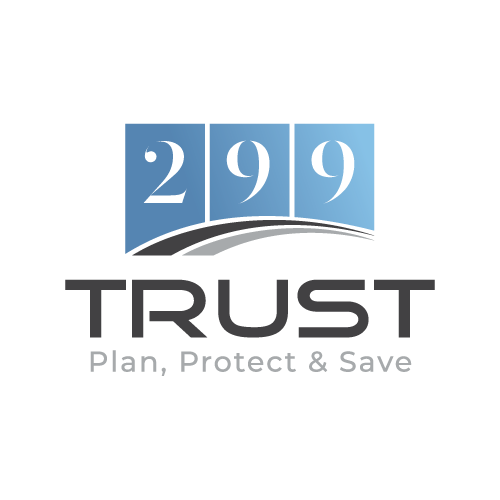Exploring the Tax Implications of Different Trust Structures
Trust and Will is a crucial aspect of estate planning that allows individuals to manage their assets and ensure their distribution according to their wishes even after they pass away. Choosing the right trust structure can significantly impact tax liabilities and preserve the maximum wealth for future generations. In this article, we will delve into the tax implications of different trust structures and highlight the importance of expert advice in establishing trusts.
Firstly, it’s important to understand the concept of a trust. A trust is a legal entity that holds assets for the benefit of one or more beneficiaries. The person who establishes the trust, often referred to as the settlor or grantor, transfers ownership of assets to the trust. The trust is then managed by a trustee who is responsible for administering the trust in accordance with the trust document.
Different trust structures, such as revocable trusts, irrevocable trusts, and charitable remainder trusts, have varying tax implications. A revocable trust allows the settlor to maintain control over the assets during their lifetime and avoid probate upon death. However, since the assets are still considered owned by the settlor, they remain subject to estate taxes upon their demise.
On the other hand, irrevocable trusts transfer ownership of assets to the trust, successfully removing them from the settlor’s estate. This can substantially reduce estate taxes, allowing beneficiaries to receive their inheritances with fewer tax burdens. However, irrevocable trusts often have stricter rules and limited flexibility, as the settlor gives up control over the assets.
Charitable remainder trusts are a unique type of trust that allow individuals to both donate to charity and receive tax benefits. When assets are transferred to a charitable remainder trust, the settlor or their designated beneficiaries receive income from the trust for a specific period. After this period, the remaining assets are donated to a designated charity. This structure allows individuals to reduce their taxable income while supporting philanthropic causes.
Navigating the complex tax implications of trust structures can be challenging without expert guidance. Consulting with knowledgeable estate planning attorneys or tax professionals, particularly those specializing in Trust and Will matters, is crucial in making informed decisions. They can help individuals and families choose the most tax-efficient trust structure that aligns with their unique circumstances, while ensuring compliance with relevant laws and regulations.
In conclusion, understanding the tax implications of different trust structures is vital for effective estate planning. Trust and Will arrangements allow individuals to control the distribution of their assets and minimize tax liabilities. Deciding on the appropriate trust structure requires careful consideration of individual goals, desired levels of control, and tax efficiency. Seeking professional guidance can help navigate the intricacies of trust structures, ensuring an optimal outcome for all parties involved.
************
Want to get more details?
299 Estate Planning Services
https://www.299trust.com/
877-560-3222
Welcome to 299Trust.com, your all-inclusive destination for simple and affordable estate planning and online living trust creation. Surprisingly, a staggering 67% of Americans lack an estate plan. Our purpose is to reverse this trend by offering easy, budget-friendly online trust and will creation services.
When you opt for 299Trust.com, you’ll enjoy:
Affordability: Wave goodbye to high legal fees – our plans begin at just $299.
Ultimate Convenience: Craft your estate plan and will from the comfort of your own home.
Personalized Solutions: Answer a few straightforward questions and receive a tailored estate plan.
Security First: Place your trust in our secure platform, free from hidden costs.
Our highlighted features encompass:
Custom Living Trusts: Shield your assets with a personalized living trust.
Comprehensive Estate Plans: Access essentials such as Last Will & Testament, Power of Attorney, and more.
Quick and Painless: Invest a mere 5 minutes in our questionnaire and receive your plan via email.
Simple Process: Select a plan, complete the form, receive your estate plan, and finalize with notarization.
At 299Trust.com, we’re dedicated to simplifying estate planning and making it accessible to everyone. Your secure and tailored estate planning journey starts here.

